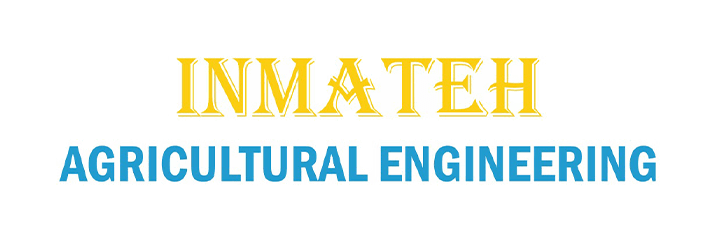FACTORS INFLUENCING THE COMPOSTING PROCESS OF VEGETAL WASTE: A REVIEW
FACTORI CARE INFLUENȚEAZĂ COMPOSTAREA DEȘEURILOR VEGETALE: O ANALIZĂ DE SINTEZĂ
DOI : https://doi.org/10.35633/inmateh-76-109
Authors
Abstract
Although composting is a well-established method for the biological stabilization of organic matter, in recent years advanced technologies and optimized operational strategies have been introduced, that are aimed at enhancing both compost quality and processing efficiency. These innovations, ranging from improved aeration and moisture control systems to the use of bio-activators and process monitoring tools, have significantly reduced decomposition time, while ensuring a more homogeneous, nutrient-rich final product. The aim of the paper was to systematically centralize relevant information from the literature with the aim of identifying the key parameters that most significantly influence the composting process and evaluate the advantages and disadvantages of the most widely used composting technologies. Experimental results reported in the literature indicate that emerging processing technologies offer faster composting and improved compost quality, by enabling more efficient optimization of operating parameters. By producing higher-quality compost, these technologies enhance soil fertility, structure, and microbial activity, leading to improved nutrient cycling and water retention. In the long term, it can play a crucial role in promoting sustainable soil management, restoring degraded soils, and enhancing carbon sequestration, thereby contributing to climate change mitigation.
Abstract in Romanian





